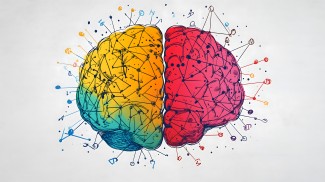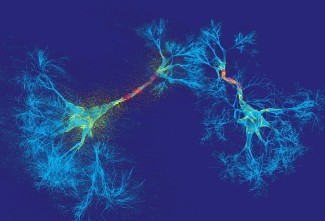
Press Room
Resources dedicated to journalists and media professionals
The PR department responds to all media requests for information on scientific, medical, technological and entrepreneurial activities at Paris Brain Institute.
It disseminates new results from research teams and connects journalists to a relevant expert to comment on a current issue.
Feel free to contact our press officer to help you develop a topic that relies on state-of-the-art knowledge in neuroscience, neurology or psychiatry.
Press contact
Marie Simon
Email
:
presse@icm-institute.org
Our press documents
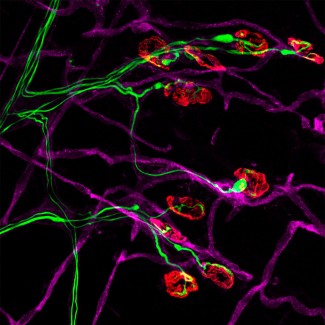
Over the past fifteen years, neurosurgeons have been perfecting a fascinating technique: using ultrasound to temporarily open the blood-brain barrier to facilitate the action of therapeutic molecules in the central nervous system. At Paris Brain...
09.05.2024
Research, science & health
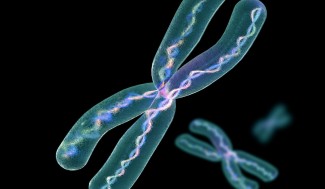
Gene therapy could be our best chance of treating Rett syndrome, a neurological disorder that causes severe intellectual and motor impairments. At Paris Brain Institute, Françoise Piguet and her colleagues have looked closely at brain cholesterol...
07.16.2024
Research, science & health
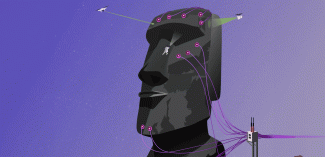
When a patient is admitted to intensive care due to a disorder of consciousness—such as a coma—establishing their neurological prognosis is a crucial yet challenging task. To reduce the uncertainty that precedes the medical decision, a group of...
05.30.2024
Research, science & health
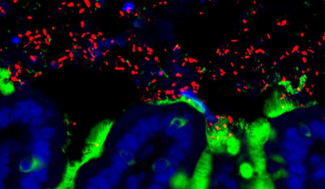
The way we make decisions in a social context can be explained by psychological, social, and political factors. But what if other forces were at work? Hilke Plassmann and her colleagues from the Paris Brain Institute and the University of Bonn show...
05.16.2024
Research, science & health
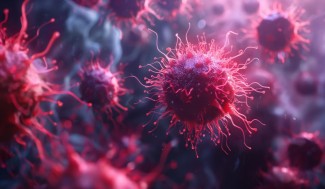
Metachromatic leukodystrophy is a rare genetic disorder that mainly affects young children and results in severe neurological symptoms accompanied by a loss of motor and intellectual capacities. At Paris Brain Institute, Françoise Piguet and her...
04.22.2024
Research, science & health
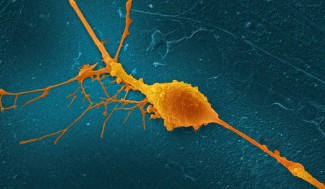
Multiple sclerosis is a heterogeneous disease whose manifestations vary considerably from patient to patient and whose course appears, on the surface, unpredictable. Hence, it is crucial to identify the factors that drive disability progression. In a...
04.02.2024
Research, science & health
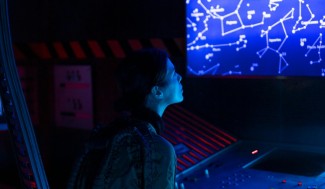
A giant billboard flashes on the side of a country road. Why does it catch our attention more easily than other details in the landscape? At Paris Brain Institute, Tal Seidel Malkinson, Jacobo Sitt, Paolo Bartolomeo, and their colleagues show that...
03.26.2024
Research, science & health
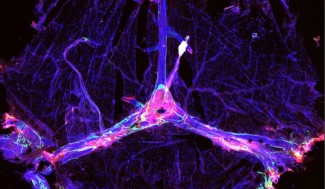
Sometimes, in healthy tissues, mutated cells are seen that may or may not become malignant tumours. This phenomenon has already been described in the endometrium, oesophagus and epidermis. At Paris Brain Institute, Matthieu Peyre and his colleagues...
03.15.2024
Research, science & health
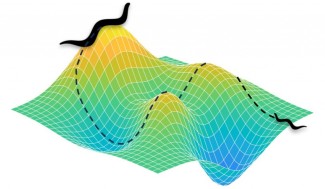
From the very first weeks of life, countless connections are forged between neurons to ensure the propagation of nerve signals. These connections gradually shape the final architecture of the brain, known as the connectome. Our ability to perform...
03.08.2024
Research, science & health

When brain oxygenation is cut off for a prolonged period, the electrical activity of the cerebral cortex is quickly reduced to zero. But that’s not the end of the story… Researchers at Paris Brain Institute, coordinated by Séverine Mahon, have shown...
12.13.2023
Research, science & health
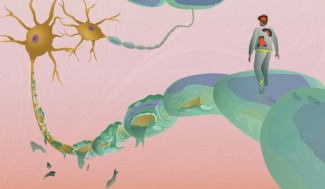
What if the biological mechanisms that cause multiple sclerosis were triggered years before clinical diagnosis? This is what a team at Paris Brain Institute suggests in a new study published in Neurology. The researchers show that, on a population...
12.06.2023
Research, science & health
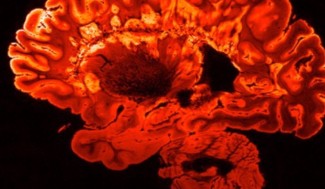
The Brain Fund, a private equity co-investment fund, aims to secure sustainable funding for Paris Brain Institute to support its research teams’ projects and drive the development of new treatments for nervous system disorders. Managed by the Impact...
10.30.2023
Support
Our useful documents
All
No results found
News that might interest you

